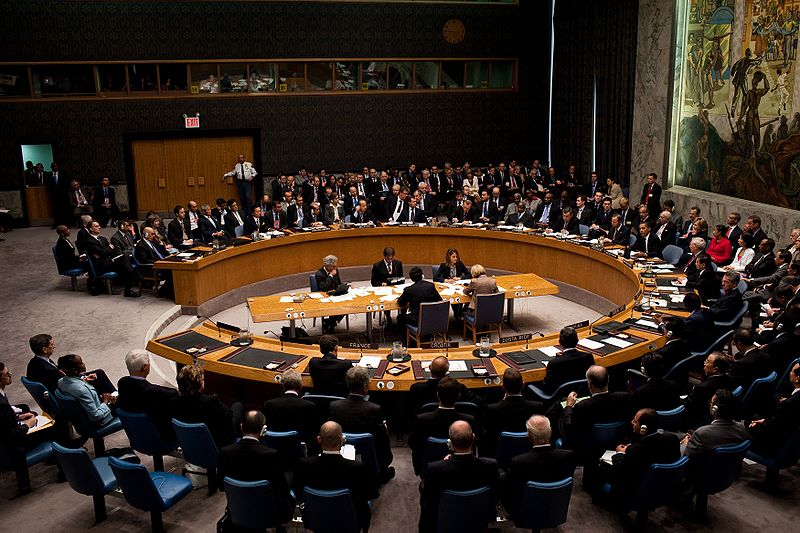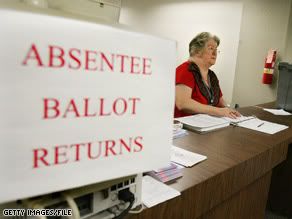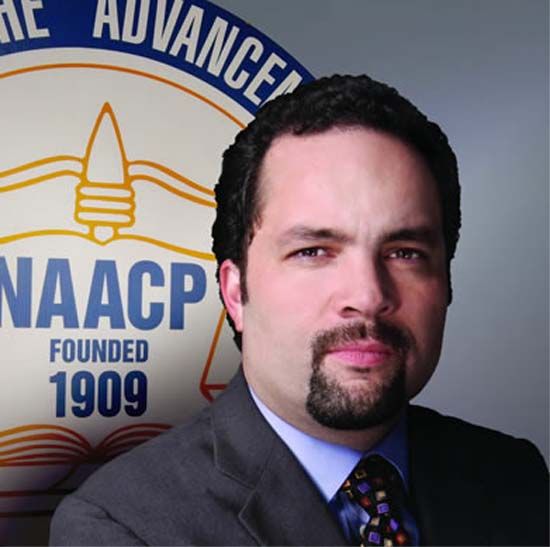T he first round of activity has already been undertaken in the UN Security Council with the submission of a French resolution:
he first round of activity has already been undertaken in the UN Security Council with the submission of a French resolution:
Russia, the main backer of Syria’s President Bashar al-Assad, opposed the French-drafted resolution and had been expected to propose a weaker Security Council statement, which are largely symbolic statements on the chemical arms crisis.
The main sticking point was that France wanted to invoke Chapter Seven of the UN Charter, making any resolution legally binding and enforceable by military action.
France was backed by the UK and the US in proposing the statement that Laurent Fabius, the French foreign minister, said would threaten “extremely serious” consequences if Syria failed to hand over its banned weapons.
The US administration has said it would not fall victim to stalling tactics, and France’s proposal reportedly outlined a rapid timetable for disarmament.
Divisions emerge over UN statement on Syria Al Jazeera 10 Sep 13
The distinction between a Chapter VI and Chapter VII resolution is vitally important and it is disingenuous of Russia to pretend that the lesser would satisfy under the circumstances. Vladimir Putin himself, dabbling in diplomacy, has further entrenched Russia behind this obstacle:
Russian President Vladimir Putin has said that a plan for Syria to turn over its chemical weapons stockpile will only work if the United States agrees not to use force.
Putin told reporters on Tuesday that the plan “can work, only in the event that we hear that the American side and those who support the USA, in this sense, reject the use of force.”
Syria plan will work if US rejects force: Vladimir Putin AP via NDTV 10 Sep 13
This seems an overreach on Putin’s part; perhaps revealing a weakness of strategy or personality. Whichever is the case it seems vital that Congress and the American public give the Obama administration the support they need to meet this important challenge and help reassert diplomacy as an effective, viable alternative to military conflict.


 he first round of activity has already been undertaken in the UN Security Council with the submission of a French resolution:
he first round of activity has already been undertaken in the UN Security Council with the submission of a French resolution:

 nteresting developments overnight have again changed the course of the Syrian chemical weapons crisis:
nteresting developments overnight have again changed the course of the Syrian chemical weapons crisis: